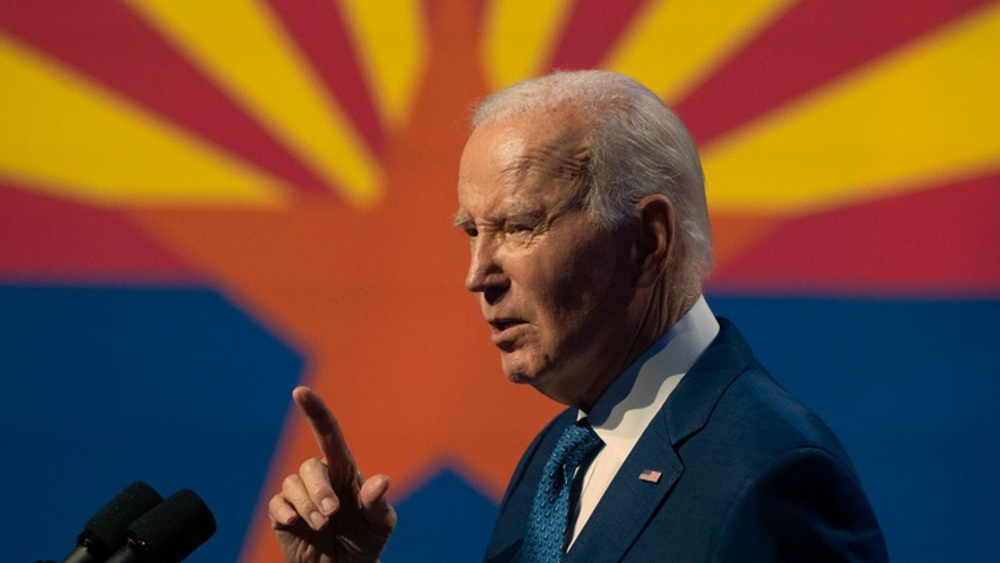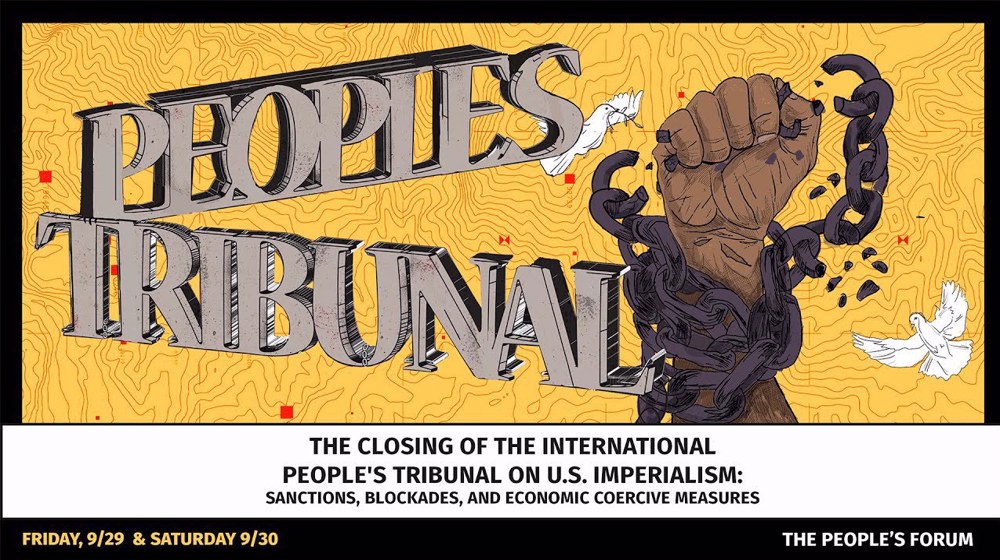A tribunal on the atrocities committed by previous US administrations through a variety of imperialistic approaches, including harsh sanctions and coercive measures, against various nations around the world was held by an international forum made up of eminent scholars.
The International People’s Tribunal on US Imperialism: Sanctions, Blockades, and Economic Coercive Measures was held on September 29 and 30, and Mohammad Marandi, a political analyst and professor at the University of Tehran, was one of its prominent speakers.
According to the forum’s website, sanctions are seen from the perspective of those who will be most affected by them, namely those in Asia, Africa, and South America, with a focus on social, political, economic, and ecological issues.
The People’s Tribunal stated, “We support the right of people and nations to create their own societies free from the fear of imperialist war and violence.”
“We believe that the only way to defeat the United States’ unlawful sanctions regimes is to rise up collectively against them,” it continued. “We are deeply concerned about the impact of US sanctions on the peoples of Latin America, Africa, and Asia.
The People’s Tribunal emphasized that the forum is a global initiative to undermine sanctions and confront US imperialism, saying that sanctions are a way to control and rein in sovereignty in the Global South and prevent the emergence of a multipolar world order.

“We have concluded that sanctions regimes require the continuous development of new legal mechanisms, techniques, and technologies to manufacture international consent for their imposition,” the forum stated.
It went on to reject the idea that sanctions are peaceful or non-violent measures serving as alternatives to war, saying that “an inquiry into and an interrogation of these legal mechanisms is a necessary step toward ultimately dismantling sanctions regimes.”
Although the decisions made by People’s Tribunals are not legally binding and do not have the force of law, the forum’s accomplishments in the political and discursive spheres serve as an inspiration and provide the resources needed to come up with appropriate solutions and pursue legal action to challenge the restrictive US policies.

